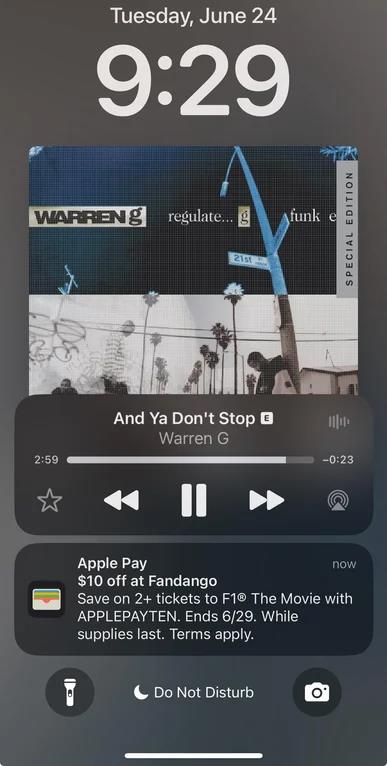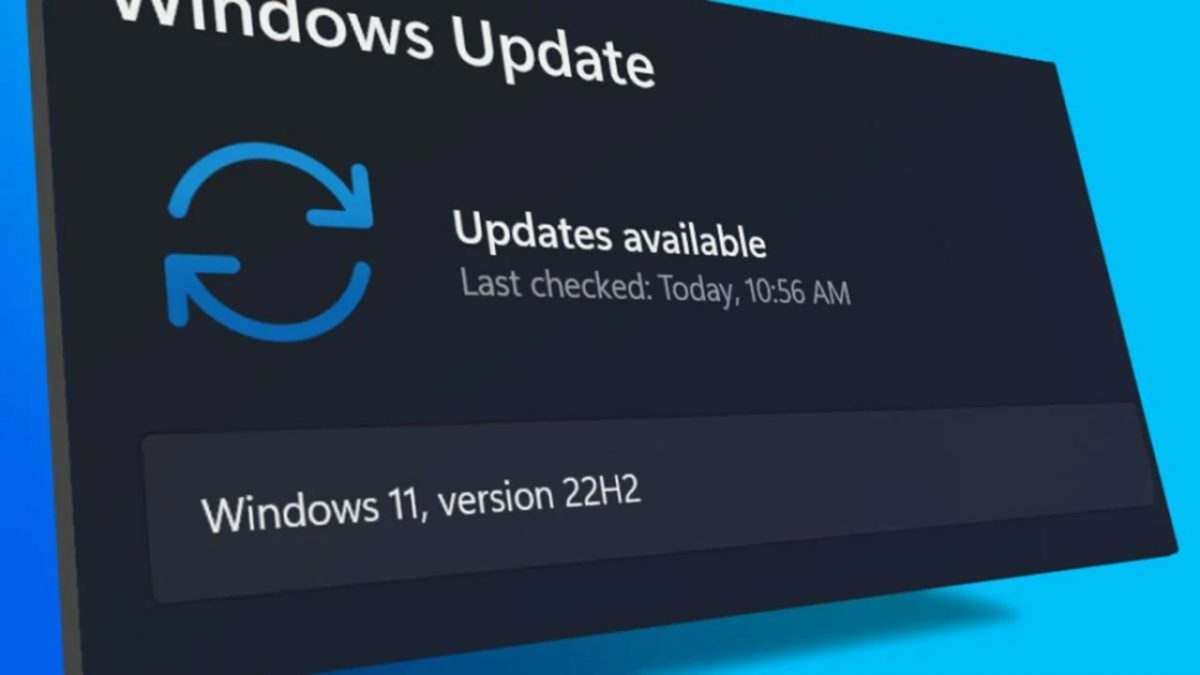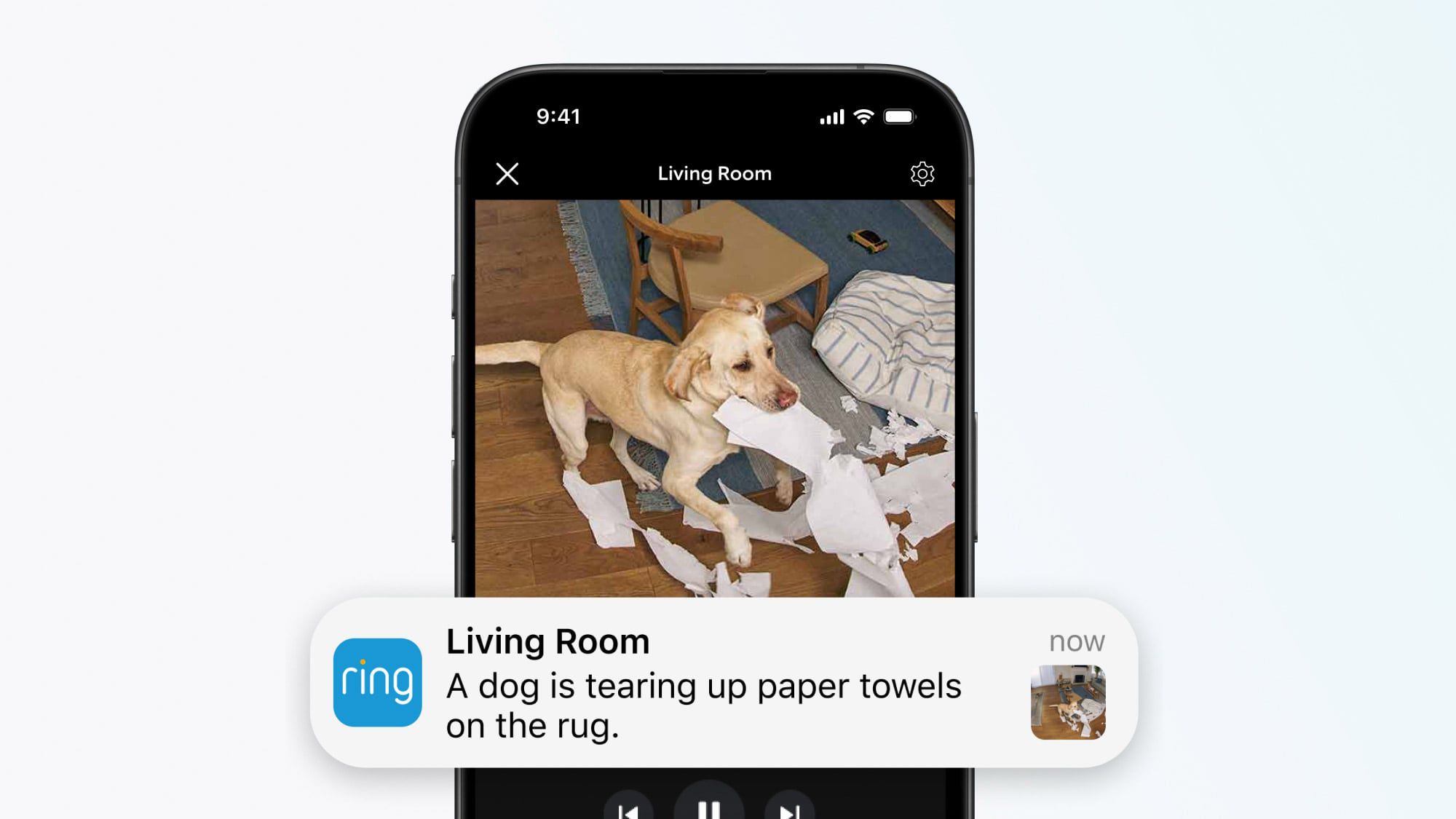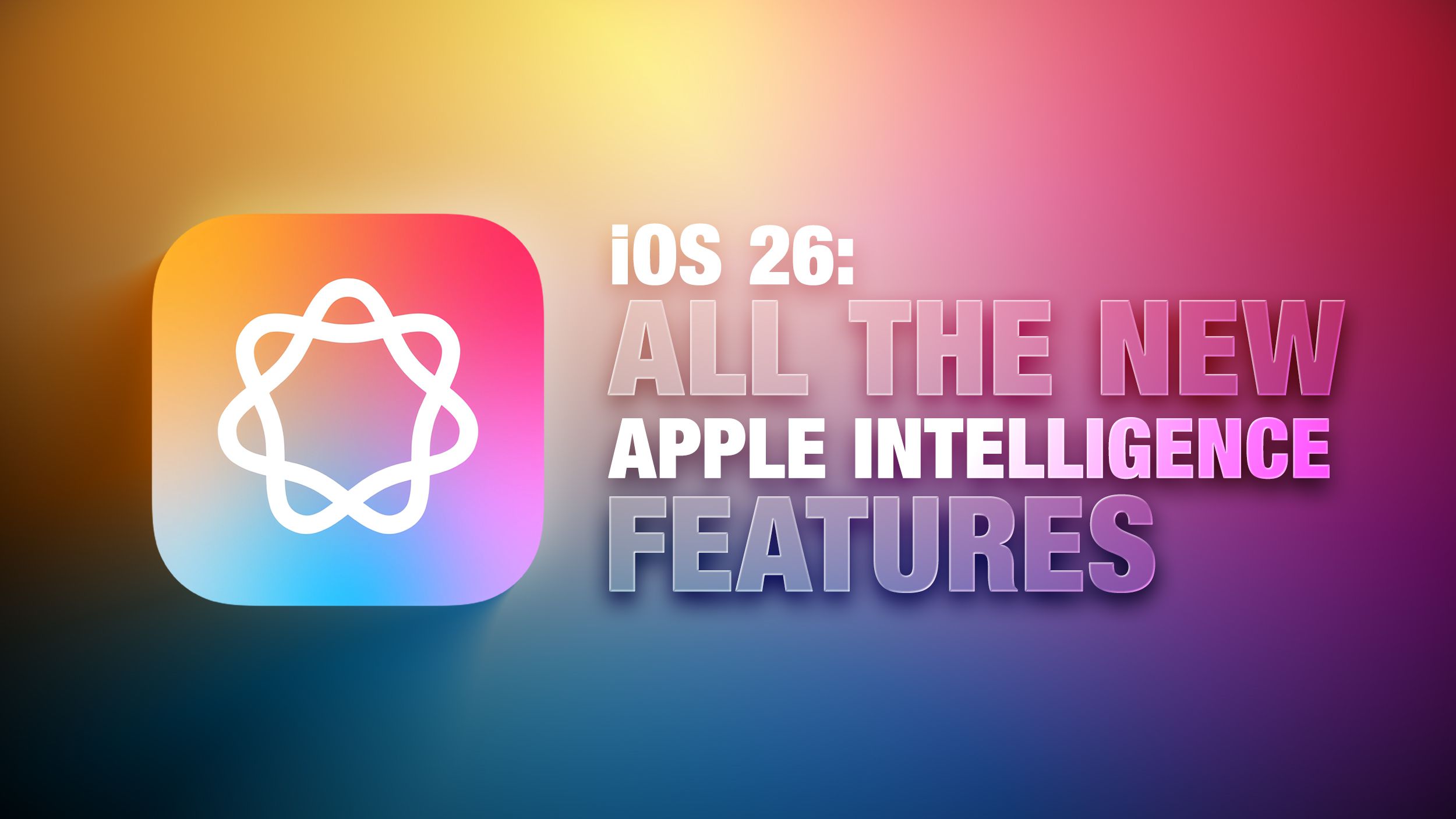How to Chain Future Requests in Flutter with PaginatedDataTable
Introduction When working with Flutter's PaginatedDataTable, you might encounter scenarios where data from multiple APIs need to be fetched sequentially. In your case, you aim to first retrieve a list of tasks, and then fetch user details based on the IDs provided within the tasks. This blog post will guide you through the process of chaining these API requests effectively in Flutter, ensuring that your data is displayed correctly without encountering errors. Understanding the Problem In Flutter, especially when using Future methods, it's common to run into issues when trying to perform dependent requests sequentially. Your first request returns an array of tasks, where each task contains an ID of a user needed to fetch additional information. Hence, the second request to fetch user data is contingent on the success of the first request. If not handled correctly, this can lead to errors and unhandled states in your application. Step-by-Step Solution 1. Fetching Task Data To begin, the first step is fetching the task data. You already have the TaskDataTableApi which handles fetching the tasks. Let's refine your fetchData method. class TaskDataTableApi { static Future fetchData() async { final response = await http.get(_query); if (response.statusCode == 200) { return taskModelFromJson(response.body.replaceAll(r'\t', ' ')); } else { throw Exception('Failed to load Data'); } } } 2. Fetching User Data Based on Task IDs Now, as you fetch each task, you need to fetch the associated user data using the ID from the task model. Modify TaskDataNotifier to handle this request sequentially. class TaskDataNotifier with ChangeNotifier { // existing fields... Future fetchData() async { _taskModel = await TaskDataTableApi.fetchData(); for (TaskModel task in _taskModel) { if (task.dev != null) { List user = await UserDataTableApi.getOneById(task.dev); // Update the task with user data task.userName = '${user[0].firstName} ${user[0].lastName}'; // Assume property exists } } notifyListeners(); } } 3. Displaying Data in PaginatedDataTable Make sure your PaginatedDataTable is set up to display the additional user data. For example, if you want to show the user’s name instead of the ID in the table: List myColumns(TaskDataTableSource _src, TaskDataNotifier _provider) => [ DataColumn(label: Text('Type')), DataColumn(label: Text('Name')), // other columns... DataColumn(label: Text('Dev'), onSort: (colIndex, asc) { _sort((task) => task.userName, colIndex, asc, _src, _provider); }), ]; 4. Resilience and Error Handling In the event that a request fails, always incorporate error handling mechanisms for user feedback. You may use try-catch blocks around your async calls. For example: try { // API request... } catch (e) { print('An error occurred: $e'); } Frequently Asked Questions How Do I Handle Magic Numbers in Dart? Avoid magic numbers by declaring constants for IDs, statuses, and other repeated values. This enhances code readability and maintainability. Why is My Flutter App Crashing? Ensure that you're not trying to access values from the response before verifying if the response contains data. Always validate JSON response structures. Conclusion By structuring your code to handle chaining future requests cleanly, you can effectively create a seamless data-fetching experience. The above steps streamline the flow of fetching tasks and subsequently the respective user data for each task. This ensures that your PaginatedDataTable displays user-friendly information rather than raw IDs. Make sure to handle errors gracefully and validate your data to enhance the user experience. Happy coding!

Introduction
When working with Flutter's PaginatedDataTable, you might encounter scenarios where data from multiple APIs need to be fetched sequentially. In your case, you aim to first retrieve a list of tasks, and then fetch user details based on the IDs provided within the tasks. This blog post will guide you through the process of chaining these API requests effectively in Flutter, ensuring that your data is displayed correctly without encountering errors.
Understanding the Problem
In Flutter, especially when using Future methods, it's common to run into issues when trying to perform dependent requests sequentially. Your first request returns an array of tasks, where each task contains an ID of a user needed to fetch additional information. Hence, the second request to fetch user data is contingent on the success of the first request. If not handled correctly, this can lead to errors and unhandled states in your application.
Step-by-Step Solution
1. Fetching Task Data
To begin, the first step is fetching the task data. You already have the TaskDataTableApi which handles fetching the tasks. Let's refine your fetchData method.
class TaskDataTableApi {
static Future> fetchData() async {
final response = await http.get(_query);
if (response.statusCode == 200) {
return taskModelFromJson(response.body.replaceAll(r'\t', ' '));
} else {
throw Exception('Failed to load Data');
}
}
}
2. Fetching User Data Based on Task IDs
Now, as you fetch each task, you need to fetch the associated user data using the ID from the task model. Modify TaskDataNotifier to handle this request sequentially.
class TaskDataNotifier with ChangeNotifier {
// existing fields...
Future fetchData() async {
_taskModel = await TaskDataTableApi.fetchData();
for (TaskModel task in _taskModel) {
if (task.dev != null) {
List user = await UserDataTableApi.getOneById(task.dev);
// Update the task with user data
task.userName = '${user[0].firstName} ${user[0].lastName}'; // Assume property exists
}
}
notifyListeners();
}
}
3. Displaying Data in PaginatedDataTable
Make sure your PaginatedDataTable is set up to display the additional user data. For example, if you want to show the user’s name instead of the ID in the table:
List myColumns(TaskDataTableSource _src, TaskDataNotifier _provider) => [
DataColumn(label: Text('Type')),
DataColumn(label: Text('Name')),
// other columns...
DataColumn(label: Text('Dev'), onSort: (colIndex, asc) {
_sort((task) => task.userName, colIndex, asc, _src, _provider);
}),
];
4. Resilience and Error Handling
In the event that a request fails, always incorporate error handling mechanisms for user feedback. You may use try-catch blocks around your async calls. For example:
try {
// API request...
} catch (e) {
print('An error occurred: $e');
}
Frequently Asked Questions
How Do I Handle Magic Numbers in Dart?
Avoid magic numbers by declaring constants for IDs, statuses, and other repeated values. This enhances code readability and maintainability.
Why is My Flutter App Crashing?
Ensure that you're not trying to access values from the response before verifying if the response contains data. Always validate JSON response structures.
Conclusion
By structuring your code to handle chaining future requests cleanly, you can effectively create a seamless data-fetching experience. The above steps streamline the flow of fetching tasks and subsequently the respective user data for each task. This ensures that your PaginatedDataTable displays user-friendly information rather than raw IDs. Make sure to handle errors gracefully and validate your data to enhance the user experience. Happy coding!









































































![[The AI Show Episode 156]: AI Answers - Data Privacy, AI Roadmaps, Regulated Industries, Selling AI to the C-Suite & Change Management](https://www.marketingaiinstitute.com/hubfs/ep%20156%20cover.png)


































































































![[The AI Show Episode 155]: The New Jobs AI Will Create, Amazon CEO: AI Will Cut Jobs, Your Brain on ChatGPT, Possible OpenAI-Microsoft Breakup & Veo 3 IP Issues](https://www.marketingaiinstitute.com/hubfs/ep%20155%20cover.png)
































































































































































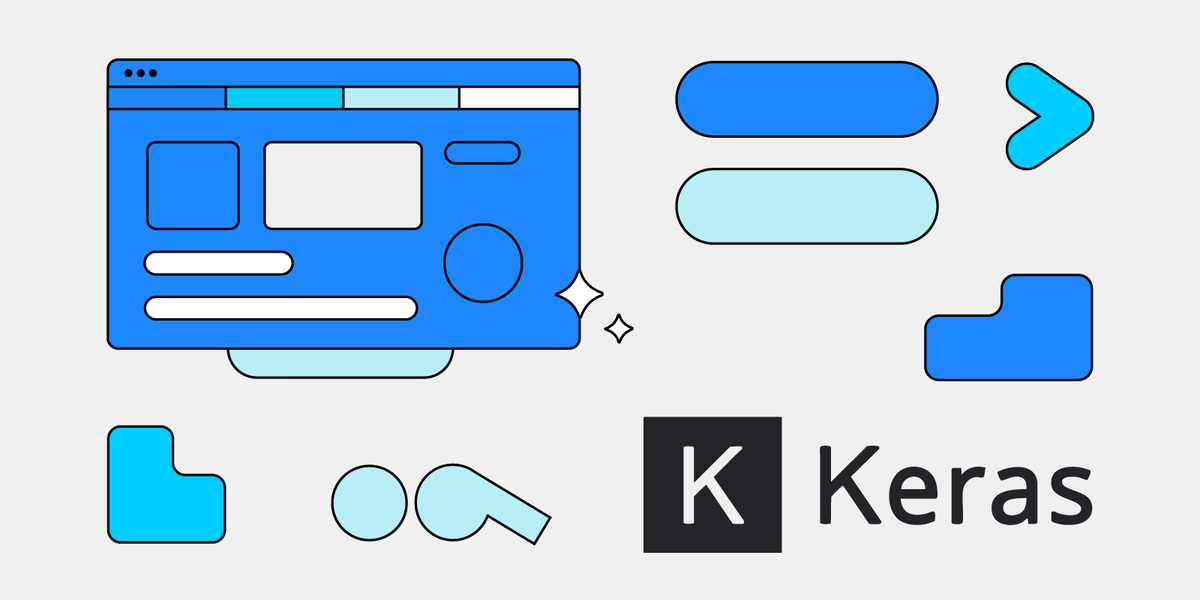





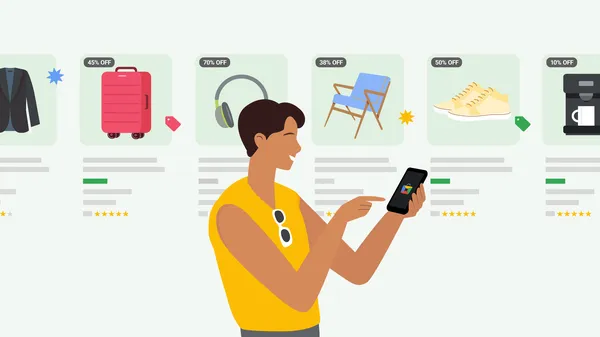
















































































































































































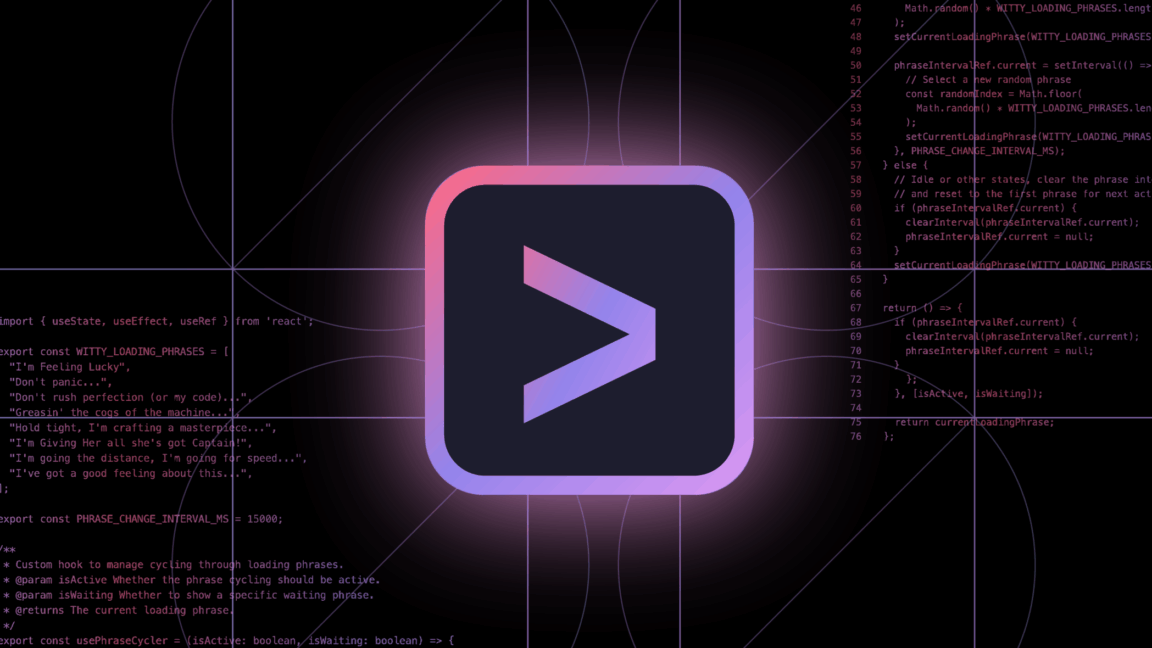
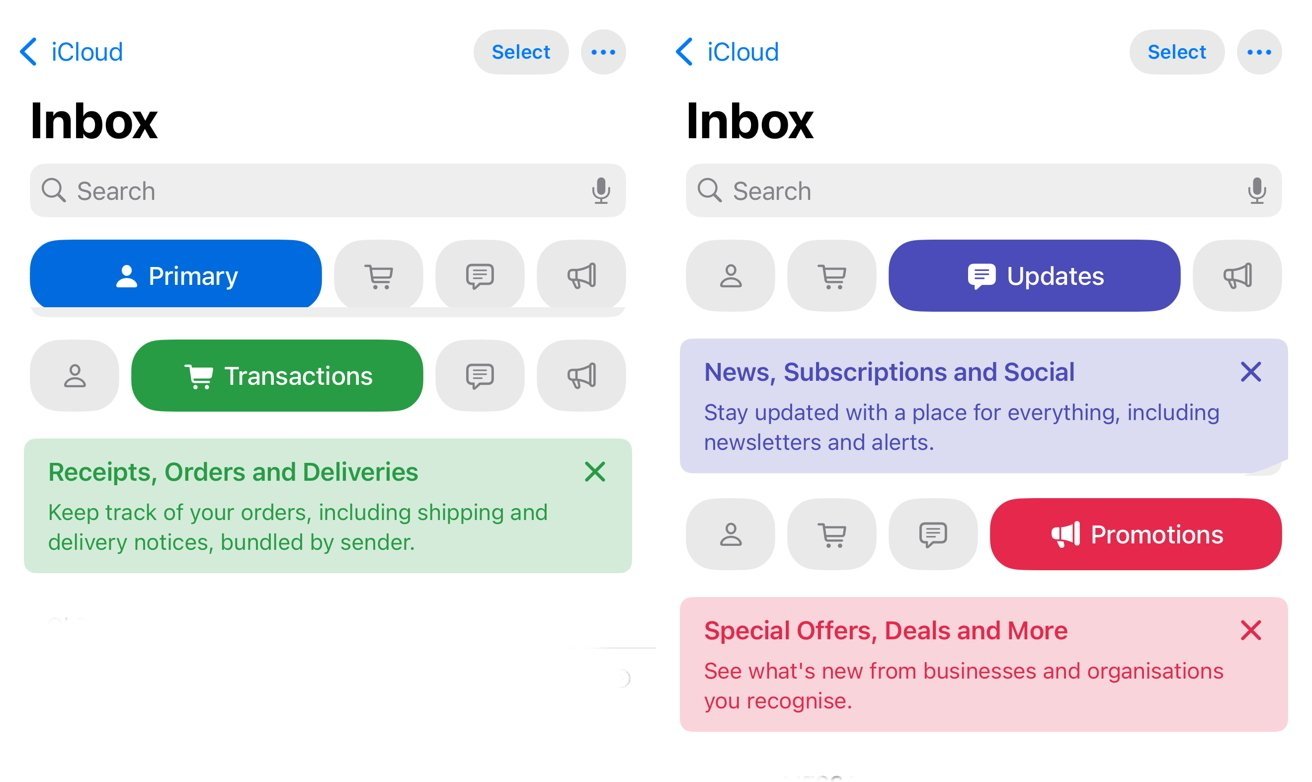

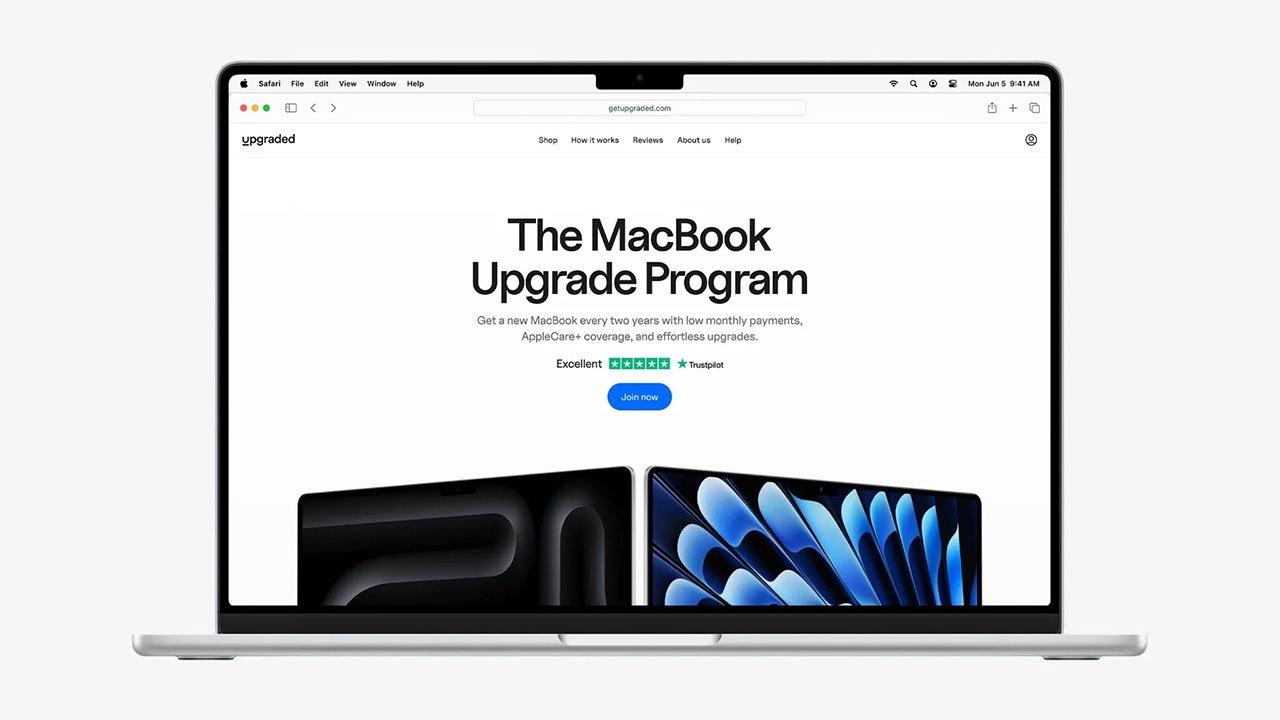






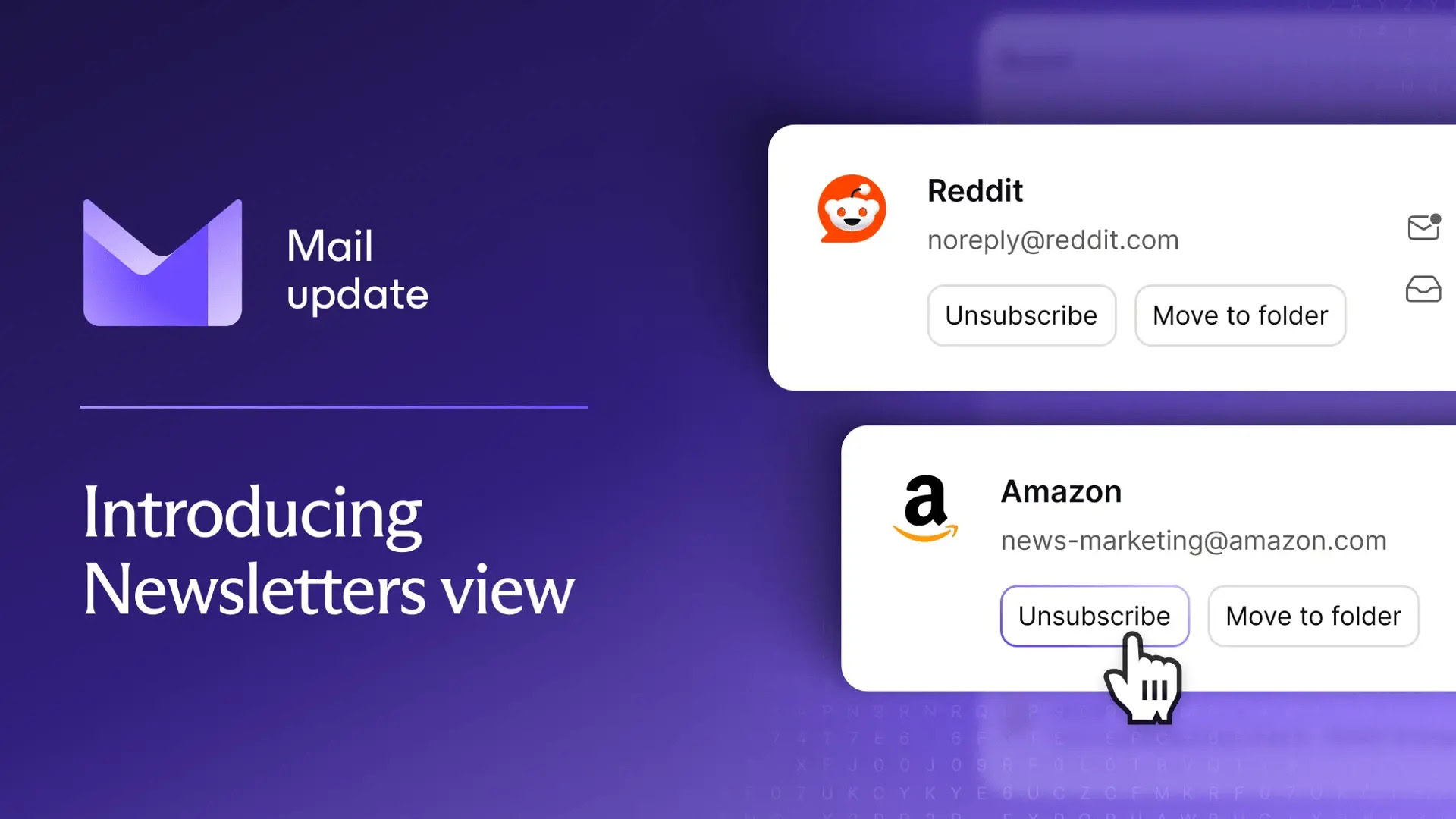
















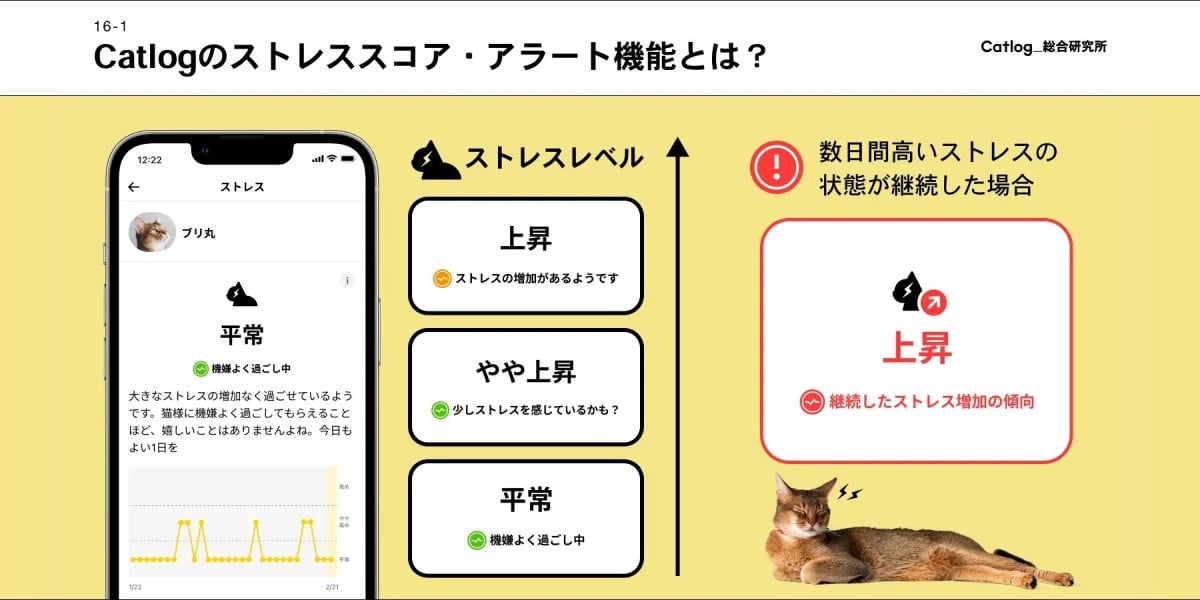




![Mercedes, Audi, Volvo Reject Apple's New CarPlay Ultra [Report]](https://www.iclarified.com/images/news/97711/97711/97711-640.jpg)






















